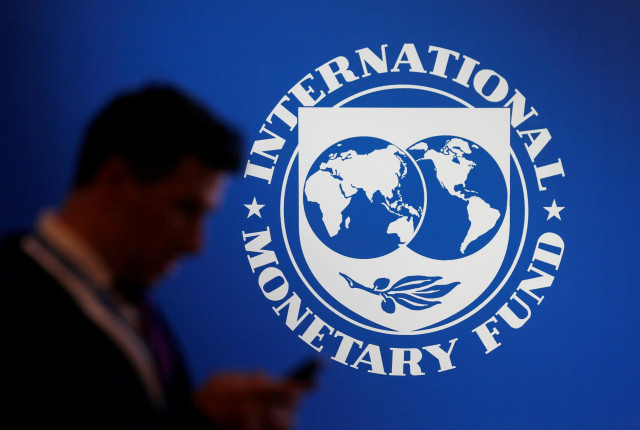IMF reveals stringent conditions for second loan tranche
Finance ministry confirms government must strictly adhere to 22 points to qualify for $1.1 billion instalment

Government has initiated a series of tough measures, including asset disclosures by civil servants and their families, to meet the conditions for securing a $1.1 billion tranche from the International Monetary Fund (IMF), Express News reported on Monday.
The approval for the second instalment of the IMF’s Extended Fund Facility (EFF) comes with 39 strict conditions.
These include the mandatory disclosure of assets by civil servants and their families, the elimination of tax amnesties and exemptions, and the issuance of a governance and corruption assessment report.
According to sources, the IMF has set benchmarks that include maintaining foreign exchange reserves equivalent to three months of import bills, achieving fiscal targets, and right-sizing the public finance structure.
Other major reforms mandated by the IMF include keeping the difference between the open market and interbank exchange rates within 1.25%, and ensuring that the State Bank of Pakistan’s foreign exchange reserves reach $8.65 billion by the end of the fiscal year.
The Ministry of Finance confirmed that the government must strictly adhere to 22 points to qualify for the $1.1 billion instalment.
Key among these is the deadline of February 2025 for civil servants to disclose their assets. In addition, the IMF has insisted that no extra grants be provided outside the budget, and it has emphasised fiscal discipline across the board.
The document also highlights the reduction in public sector liabilities, with a cap set on the total outstanding government guarantees at Rs5.6 trillion.
Furthermore, a focus on limiting power sector arrears to Rs417 billion and controlling tax refund backlogs to no more than Rs24 billion is expected to form part of the government's reform agenda.
During a briefing to the National Assembly's Standing Committee on Finance, Finance Minister Muhammad Aurangzeb acknowledged that macroeconomic stability had been achieved over the past 14 months, but emphasised the need to reduce the role of intermediaries in tackling inflation.
He also mentioned that the Economic Coordination Committee (ECC) was devising strategies to review the prices of food items on a monthly basis.
The minister stressed that the current IMF loan agreement would be Pakistan’s last message to the international community, with urgent reforms required in taxation, energy sectors, and population control. He further highlighted rising concerns around climate change, child stunting, and the growing number of children out of school.
Lastly, Aurangzeb noted that Pakistan was in the process of finalising a 10-year partnership framework with the World Bank, which would help bolster the country’s economic stability. He pointed out that improvements in the economy had already resulted in a positive trend in the stock market.



















COMMENTS (2)
Comments are moderated and generally will be posted if they are on-topic and not abusive.
For more information, please see our Comments FAQ